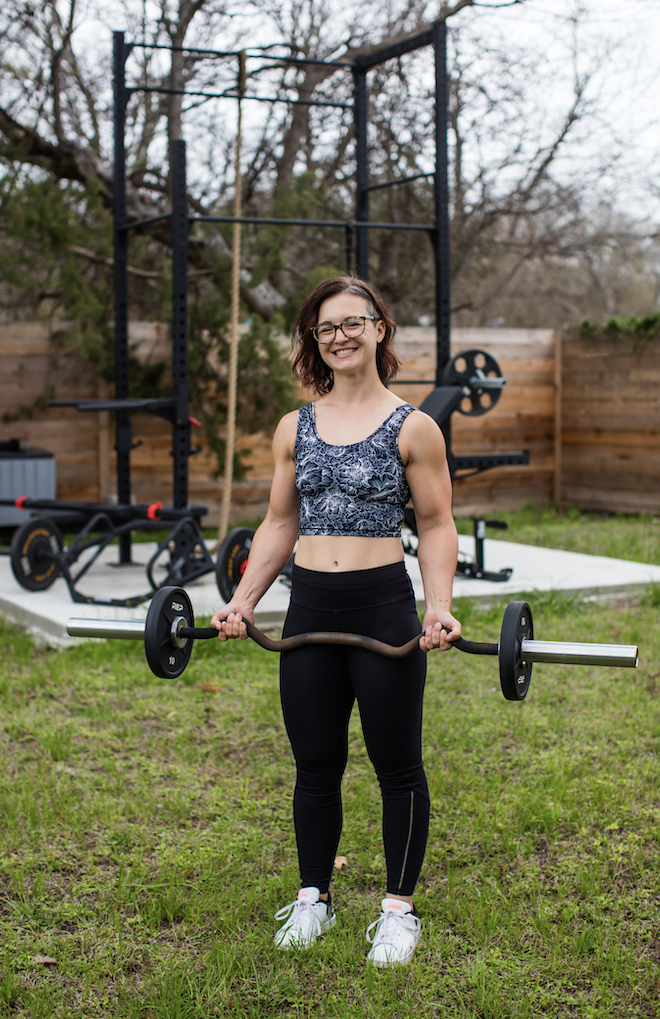Why Does Post-Workout Depression Happen?

Everyone has heard people tout the mental health benefits of exercise — when you move your body, your brain releases endorphins that make you feel energized and happy. But what happens if you work out and feel worse afterward? Physical and mental health are linked, so why does something so good for you leave you feeling moody, anxious or depressed? Post-workout depression is more common than you think, so know that if you experience it, you’re not alone.
What Can Cause Post-Workout Depression?

Overworking
Consistently overworking your body with too many very high-intensity workouts can lead to post-workout depression, anxiety or mood swings. A sustainable training plan will have cycles to it, with some high- and low-intensity work. The human body is resilient, but we’re not made to be working out at our maximum capacity every day.
When you’re constantly hitting your body’s maximum stress level, it’ll impact your mental stress level, elevating your emotions, and not just the good ones! Your body will be tired, and pushing through a high-intensity workout when your week has already been full of them will create physical and mental fatigue, negatively impacting your mood. There’s a level of discomfort required in fitness, but any healthy fitness plan will have days where you push and days when you work less to help your body and mind recover.
Undereating
It’s easy to get caught up in all the exaggerated, uneducated and unhealthy nutrition advice we constantly receive through “health” blogs, social media and under-researched opinion pieces. We see a professional bodybuilder competitor doing fasted cardio and think that’s the only way to meet our goals, or we think a huge calorie deficit is the only way to accomplish weight loss.
Starving yourself for any goal is unhealthy and unsustainable. Your body needs to be well-fueled with protein, fat and carbs to perform physical activity. Consistently undereating and expecting to do your best in workout sessions will leave you, at best, tired and, at worst, depressed and moody from feeling like you aren’t hitting your fitness goals.
Doing Exercise You Hate
Let’s face it, there are endless ways to work out. Not everyone wants to pick up a barbell, run five miles or find their zen on a yoga mat. Yes, there’s a level of discomfort needed to get results in the gym, but trying to force yourself through a fitness program you can’t stand won’t do you any favors. You’ll have to talk yourself into going to the gym, leaving you to begrudgingly go through the motions. This will leave you feeling down after your workout instead of energized and excited about your progress.
If you’re constantly in a bad mood before, during and after your workout, ask yourself — do I even like doing this? If the answer is a hard no, see what else is out there, and if you’re working with a trainer, be honest about how you’re feeling so they can help adjust your plan to meet your needs and improve your physical and mental health.
Unrealistic Expectations
A key to any lofty goal is managing your expectations. Many people try to adopt an all-or-nothing mentality when they start a new fitness program, expecting that they’re going to lose 20 pounds in six weeks or see a complete body composition change in two months. When you spend a few weeks (or months) adhering to a training and nutrition plan and don’t see instant results, you’re left feeling like you’re failing.
This is a tough issue to address for both clients and trainers because it’s about setting realistic goals, understanding how long it really takes to meet those goals and knowing that small hiccups along the way don’t mean your hard work was for naught. Setting smaller, interim goals helps you celebrate those little victories along the way without feeling depressed, overwhelmed or unproductive on your fitness journey.
Chronic Depression or Anxiety
If you’ve examined all the previous possible causes for post-workout depression and managed those factors but still feel depressed, moody or anxious, there may be a bigger mental health issue at play. Many suffer from chronic depression and anxiety, and while you may feel better during your workout, if you consistently feel emotional afterward, it may be time to seek help for your mental health. The Anxiety & Depression Association of America offers an online resource center and therapist finder to help you get healthier. Find out more at https://adaa.org/.
So What Can You Do?

Talk To Your Trainer
If you’re working with a trainer or nutrition coach, talk to them about how you’re feeling. A good trainer wants you to be challenged by your training but in a sustainable, enjoyable way that improves your life and doesn’t add to your stress levels. Your nutrition coach can ensure you’re eating well and throughout the day so you’re adequately nourished for your training sessions.
Talk To Your Therapist
Not sure why you’re feeling blue and notice it’s more frequent than just after training? Talk to your therapist about what’s going on to help identify depression and anxiety triggers, and get the tools and support to improve your mental health.
Set Realistic Goals For Yourself
It’s easy to fall into the comparison trap and expect it to take 30 days to turn your fitness and nutrition around. But let’s face it — if it were that easy, everyone would be walking around looking like a bodybuilder. Set smaller, manageable goals throughout the process so you can celebrate the small wins. Adding more reps or sets, increasing weight, speed or mileage, sticking to your nutrition plan for a week, increasing your water intake — there are so many ways to track progress, feel confident that you’re making healthier choices and take small steps to achieve your overall goal.
The Bottom Line
If you’ve been feeling like you’re the odd duck who feels worse after exercise, know you’re not alone — and with the proper planning and resources, your physical and mental health can be back on track so you can enjoy movement again, for life.
About the Author
 Sarah Leahy is a Minneapolis transplant in East Austin, certified personal trainer, award-winning interior designer and former gym owner. She offers in-person and online training with an emphasis on strength training and building confidence in and out of the gym. Leahy’s passion for strength extends to your business, with a full offering of gym design and business consulting services.
Sarah Leahy is a Minneapolis transplant in East Austin, certified personal trainer, award-winning interior designer and former gym owner. She offers in-person and online training with an emphasis on strength training and building confidence in and out of the gym. Leahy’s passion for strength extends to your business, with a full offering of gym design and business consulting services.






